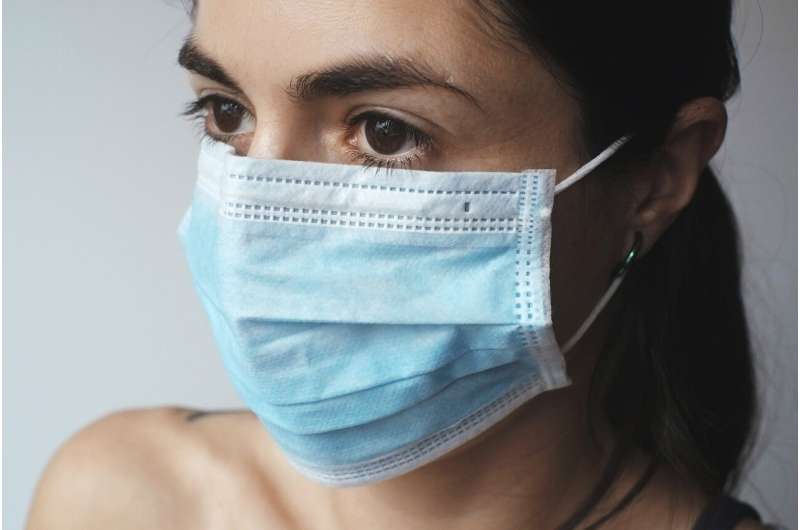

As more people return to indoor settings for work and school, new research shows stricter policy restrictions on business operations and indoor mask-wearing reduced COVID-19 cases in Ontario during the first and second waves.
A new study led by researchers from the University of Waterloo found that stricter non-pharmaceutical interventions, such as policy restrictions on business operations and social gatherings, and indoor mask mandates, are associated with COVID-19 case reductions. Further, estimates based on publicly available Google mobility data suggest that increases in workplace attendance are correlated with higher case counts.
“Public health measures such as mandatory mask use have become increasingly unpopular and divisive in society,” said Anindya Sen, a professor in the University of Waterloo’s Department of Economics. “However, our study offers evidence that these measures do work in reducing the incidence of disease. The results of the forecasting exercises should also be useful to policymakers from a planning perspective.”
In undertaking the study, the researchers used the Google data to assess the effects of public mobility to destinations commonly frequented, such as grocery and retail stores and workplaces. The researchers found that relatively simple forecasting models—known as “time-series models”—can predict one week ahead trends in daily COVID-19 cases in Ontario with some accuracy and are more precise than Ontario government forecasts.
“Our models also offer more accurate daily forecasts than the susceptible-infected-removed model that epidemiologists typically employ,” Sen said. “Matching these mobility measures to corresponding trends in COVID-19 cases should be useful to policymakers in deciding specific types of economic and social lockdowns, as there are still gaps in knowledge on which types of population mobility are the most responsible for the spread of COVID-19 cases.”
Source: Read Full Article